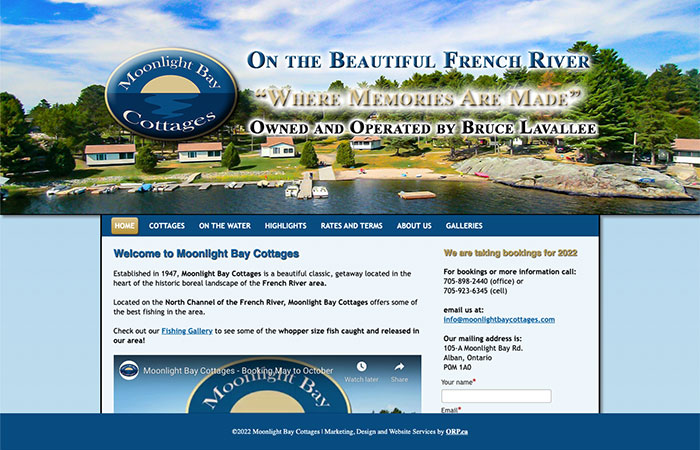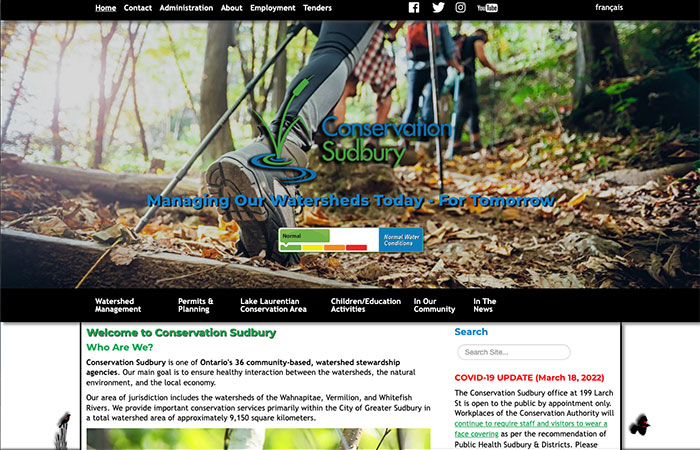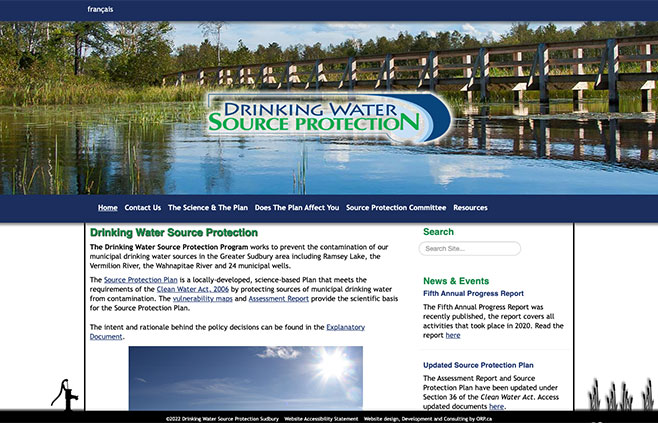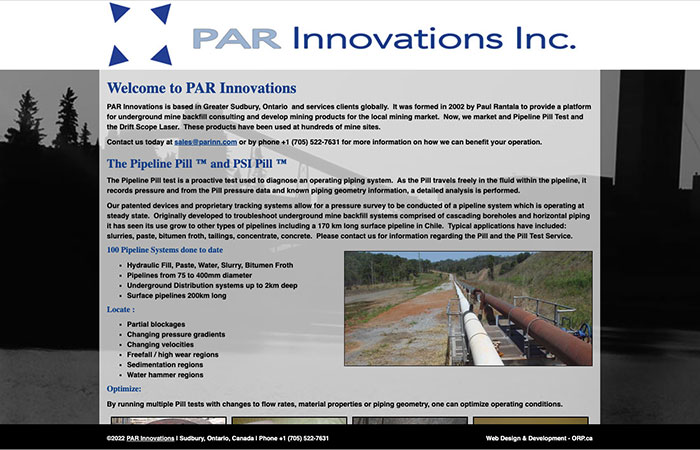Essential Elements You Need In Your Small Business Website in 2024
It's widely known that a strong online presence is crucial for the success of any small business.
A well-designed small business website is your 24-hour-a-day storefront, showcasing your products or services to engage with your customers and establish credibility.
To stay competitive, small businesses must ensure their websites are functional and optimized for current trends and technologies.
Here's a comprehensive guide on what every small business website should have in 2024.

1. Mobile Responsiveness:
With the increasing use of smartphones, having a mobile-responsive website is no longer optional—it's a necessity. Google's search algorithms also prioritize mobile-friendly websites, making it essential for small businesses to optimize their sites for various devices.
2. Fast Loading Speed:
At a time when users demand instant gratification, slow-loading websites will often lead to high bounce rates. Employ tools and techniques to ensure your website opens quickly, providing a seamless experience for visitors.
3. User-Friendly Navigation:
A clear and intuitive navigation structure is vital for guiding visitors through your website. Implement a user-friendly menu, logical page hierarchy, and easy-to-find contact information to enhance the user experience.
4. Quality Content:
Content remains king in the digital realm. Create high-quality, relevant, and engaging content that reflects your brand identity. Regularly updated content will keep visitors returning to your website while improving your search engine results.
5. SEO Optimization:
Search Engine Optimization (SEO) is essential for search engines. Incorporate relevant keywords, meta tags, and descriptive alt text for images. Regularly update content and consider investing in local SEO strategies to reach your target audience.
6. Social Media Integration:
Social media is a valuable tool when integrating sharing buttons and feeds on your website. This helps expand brand exposure and allows customers to share experiences they've had with your products and services.
7. Security Features:
Cybersecurity is a growing concern; customers want to feel safe when interacting with your website. Implement SSL certificates to secure data transmission, regularly update plugins and software, and invest in a reliable web hosting service that prioritizes security.
8. Contact Information and Forms:
Make it easy for customers to contact you. Show your contact information prominently on your website and include user-friendly forms for inquiries or feedback. Multiple communication channels, such as live chat, can enhance customer engagement.
9. E-commerce Functionality (if applicable):
This seems obvious, but providing an integrated e-commerce platform is essential for businesses with a shopping cart. Ensure a seamless and secure checkout process, display clear product information, and offer various payment options to cater to a diverse customer base.
10. Analytics and Tracking:
Using analytics tools helps you gain insights into your website's performance. Track user behaviour, monitor traffic sources, and analyze conversion rates. This data can help you make informed decisions to improve your website's effectiveness over time.
In 2024, a small business website is not only an online presence for brand awareness — it's a dynamic tool necessary to attract and retain customers.
By incorporating these essential elements, small businesses can create a website that meets user expectations and stays ahead of the curve in the fluid world of digital marketing.
Stay adaptable, embrace emerging technologies, and consistently update your website to build and maintain a competitive edge.
Are you ready to move your business forward? Fill out the form below today to contact ORP.ca today and book your free consultation.
Photo by Negative Space from Pexels.












